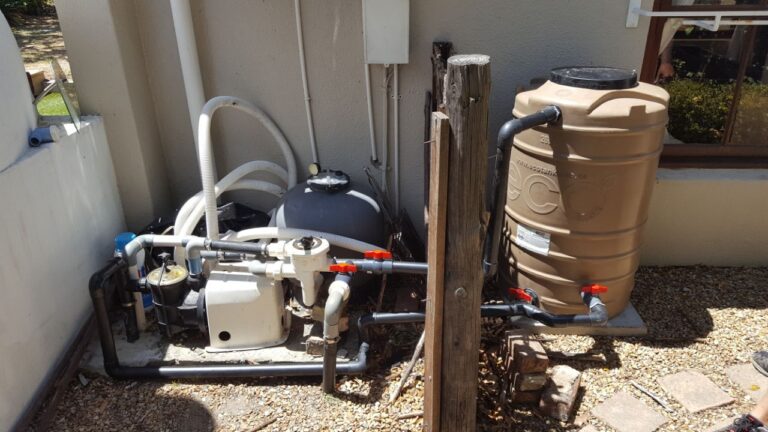Green Energy
Green energy is produced from renewable, environmentally friendly sources. These sources have a much lower impact on the environment compared to conventional energy production methods, which often rely on fossil fuels like coal, oil, and natural gas. Green energy helps reduce greenhouse gas emissions, air pollution, and the depletion of natural resources.
Some of the most common types of green energy is:
- Solar Energy: Harnesses energy from the sun using photovoltaic cells (solar panels). Solar power is abundant, renewable, and sustainable.
- Wind Energy: Utilizes wind turbines to generate electricity. Wind power is clean and has minimal environmental impact once turbines are installed.
- Hydropower: Involves generating energy from flowing water, typically through dams or water turbines. While it’s a major source of renewable energy, it can have ecological impacts on water systems.
- Geothermal Energy: Extracts heat from beneath the Earth’s surface for heating and electricity generation. It is a stable and sustainable source of energy.
Green energy is a key part of the transition to a more sustainable and low-carbon energy future, helping combat climate change and reduce dependence on non-renewable energy sources.






